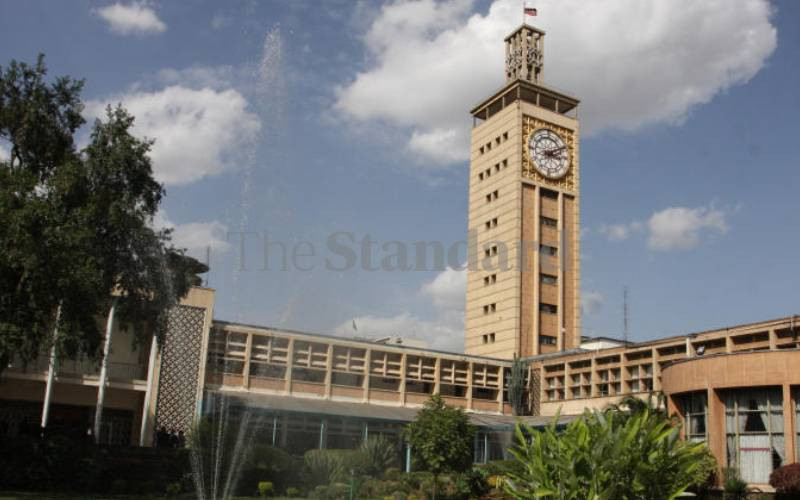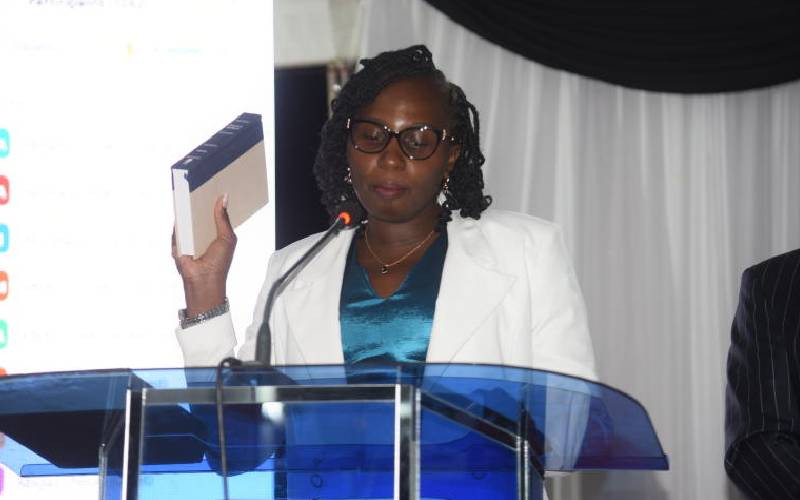Nairobi, Kenya: The Law Society of Kenya Mombasa Branch had raised a number of issues with respect to dispensation of justice by courts in the region. The complaints range from shortage of manpower, trainings for judicial officers to general administration and access to justice.
The judiciary in its letter to newsrooms has stated that they deploy manpower across the Judiciary guided by specific considerations such as caseload in court stations, the size of the population served and the constitutional requirement to take justice closer to the people. A guiding principle in staff deployment policy is equity. It is important to point out that the Judiciary continues to suffer a dearth of judicial officers and staff to meet the needs of the country. In the case of Mombasa, it is incorrect to allege discrimination when one considers that the station has five judges with a caseload of 10,423 matters, while the Milimani High Court Civil Division alone has five judges dealing with a caseload of 32,000 matters. Contrary to LSK’s assertion that Mombasa does not have a Deputy Registrar, the correct position is that a Deputy Registrar is in-post in Mombasa and a new one reports in two weeks’ time.
Regarding magistrates, the Judiciary has a national establishment of 426 magistrates who are meant to serve 116 court stations. The Judiciary has suffered a shortage of magistrates over time for various factors. This, as facts show, makes it difficult to meet the demand. However, we try to do our best in our deployment strategy. In the case of Mombasa, two new Principal Magistrates and one Resident Magistrate have been deployed and should start work in two weeks. Additionally, three new magistrates are in the process of being deployed to the Admiralty Division in Mombasa. Similarly, a new Senior Principal Magistrate has been posted to Kwale and another to Shanzu. Lamu has a new Principal Magistrate as well. These deployments should address the jurisdictional issues raised by LSK.
On the issue of transfers of administrative staff, the judiciary had clarified previously that the transfers were necessary in light of a staff rationalization exercise that found that some staff had over-stayed in the same stations, some for 30 years. The situation had led to the emergence of cartels and malpractices that ran counter to the principles of public service. While the transition period was bound to create a slight disruption, the end result will be to the greater benefit of court users. It is also true that the Judiciary has a severe shortage of administrative staff but the situation should improve across the country when the Judicial Service Commission fills over 1,000 vacancies it advertised recently.
While the need for continuous training of our workforce cannot be over-stated, we are aware of the potential disruption this can cause. For this reason, the JSC has moved to streamline trainings by directing the Judiciary Training Institute to publish an approved calendar of all trainings well in advance and share it with court users, for prudent planning. This takes effect in July, 2015.
It is clear from the foregoing that the Judiciary is doing its best to manage service delivery amid constraints and limitations that are well known to our LSK partners. These limitations include the reduction of our budget which has negatively impacted important strategies and programmes towards improved dispensation of justice, in line with the Judiciary Transformation Framework. However, the judiciary notes that they are happy and has been the practice they will continue engaging with LSK to find solutions and options to the challenges faced.
 The Standard Group Plc is a
multi-media organization with investments in media platforms spanning newspaper
print operations, television, radio broadcasting, digital and online services. The
Standard Group is recognized as a leading multi-media house in Kenya with a key
influence in matters of national and international interest.
The Standard Group Plc is a
multi-media organization with investments in media platforms spanning newspaper
print operations, television, radio broadcasting, digital and online services. The
Standard Group is recognized as a leading multi-media house in Kenya with a key
influence in matters of national and international interest.
 The Standard Group Plc is a
multi-media organization with investments in media platforms spanning newspaper
print operations, television, radio broadcasting, digital and online services. The
Standard Group is recognized as a leading multi-media house in Kenya with a key
influence in matters of national and international interest.
The Standard Group Plc is a
multi-media organization with investments in media platforms spanning newspaper
print operations, television, radio broadcasting, digital and online services. The
Standard Group is recognized as a leading multi-media house in Kenya with a key
influence in matters of national and international interest.









